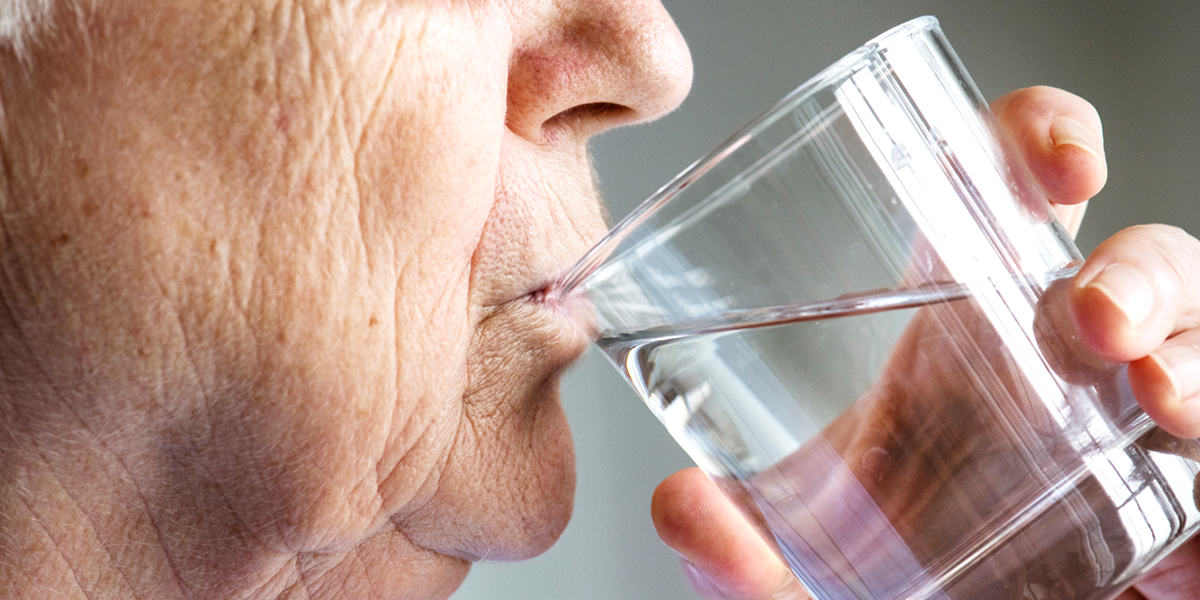-

Can we prevent the risk of oral cancer?
As we saw in a previous article, oral and oropharyngeal cancer is one of the 10 most common cancers in the world, and tumours of the oral cavity account for around 4% of all malignant tumours. But what are the main risk factors for the development of this type of pathology, and how can we…
-

Osteoporosis: the silent enemy of our teeth
Osteoporosis is a complex disease caused by a metabolic disorder and characterised by the deterioration of the structure of the bone tissue due to a reduced presence of mineral components. As a result, people who are affected have increased bone fragility and an increased risk of fractures. According to the World Health Organization (WHO), it…
-

Is there a link between oral and kidney health?
Oral health is closely related to the appearance or development of other types of pathologies, and therefore directly affects people’s general state of health. In this article we will review the evidence that establishes the relationship between the health of the mouth and teeth, and kidney disease, a subject that is often unknown. First of…
-

Oral candidiasis: prevention, detection and treatment
There are a large number of micro-organisms that live in our bodies on a regular basis which are generally harmless. However, depending on the conditions they find in the place where they are housed, they can become pathological, producing infections that affect our oral and/or general health. Oral candidiasis is a common fungal infection, mainly…
-

Gingival recession: when the gums recede
Gingival recession is defined as the process of gum recession, both localised and at a general level. It causes part of the tooth that was previously hidden to be exposed and become vulnerable to external factors. Among the causes, we can find both predisposing factors and triggers, it is considered to be a multifactorial condition,…
-

World Oral Health Day: much to celebrate, more to do
As is every 20th of March, today is World Oral Health Day, promoted by the World Dental Federation (WDF) to raise awareness of the importance of oral health. As oral diseases can have an impact on people’s general health, well-being and quality of life, every year thousands of organisations, associations and companies around the world,…
-

Xerostomia: more than just a dry mouth
We have all experienced the unpleasant sensation of having a dry mouth, called xerostomia, which is caused by a decrease in saliva production. The general symptoms of this disorder are, dry lips and mucosal dryness, and can sometimes cause atrophy and hypersensitivity, including other symptoms such as the formation of fissures on the tongue or…
-

Oral cancer: types and prevalence
Oral cancer is among the 10 most common cancers worldwide, and tumours of the oral cavity account for around 4% of all malignant tumours. One of the greatest risks is not detecting it, especially among older people, because it can be confused with other oral disorders. For this reason, oral health control and regular check-ups…


